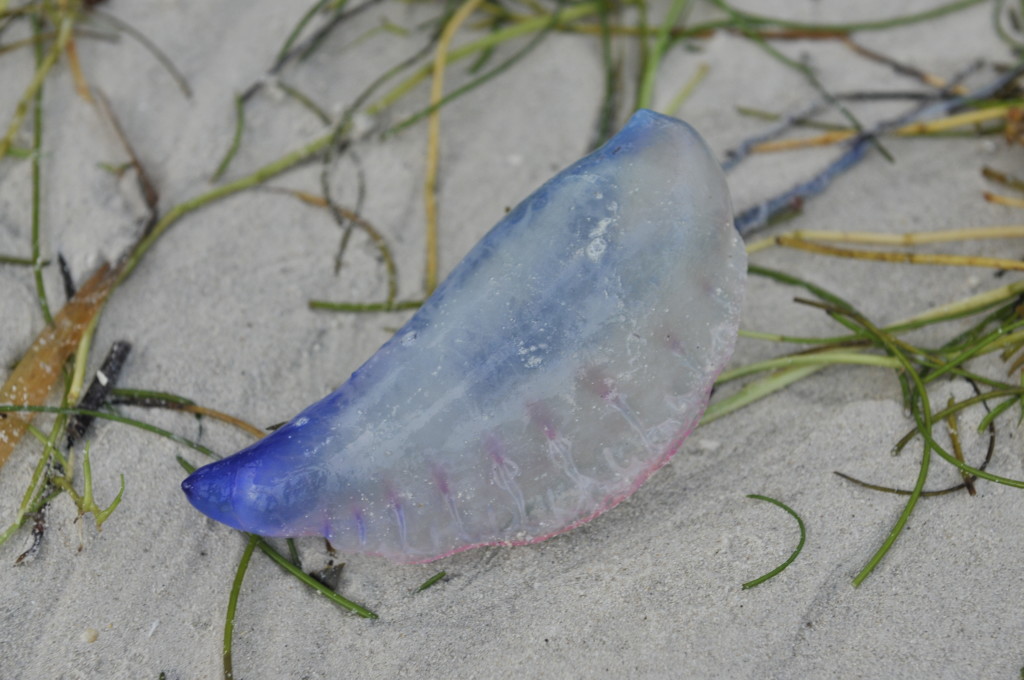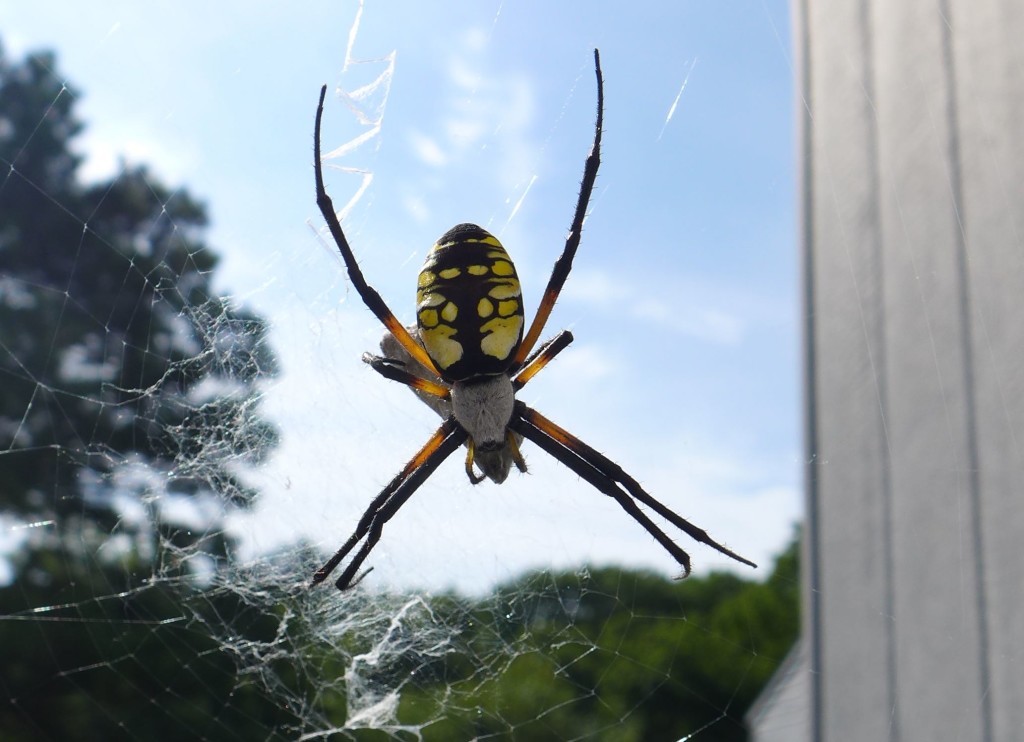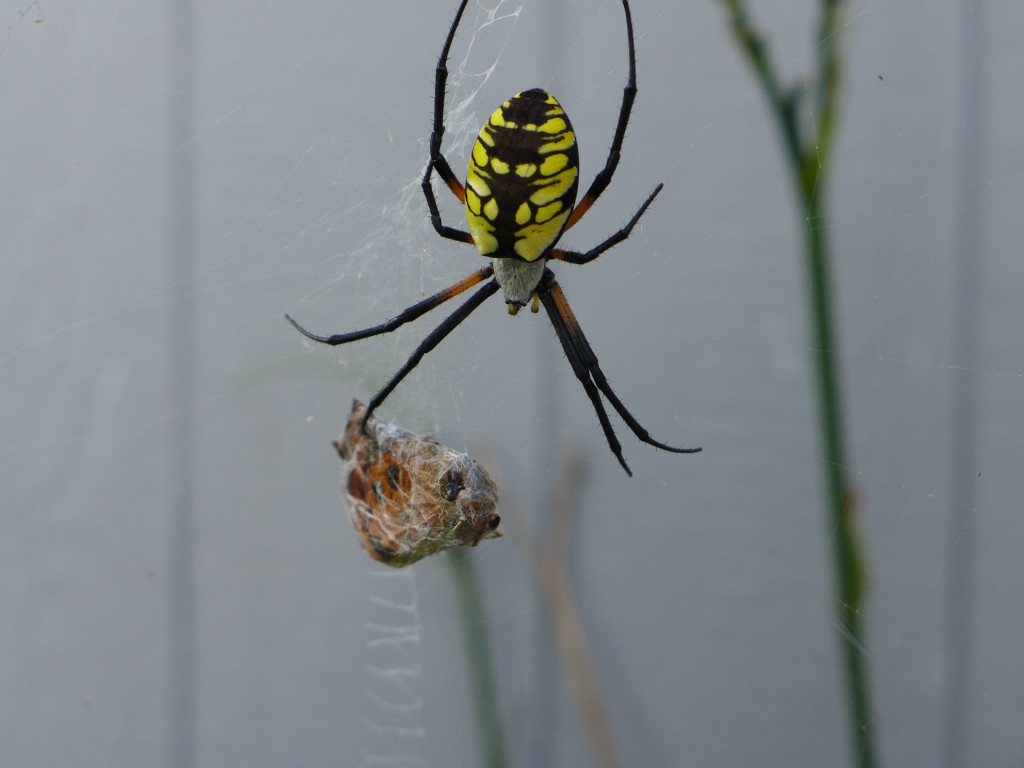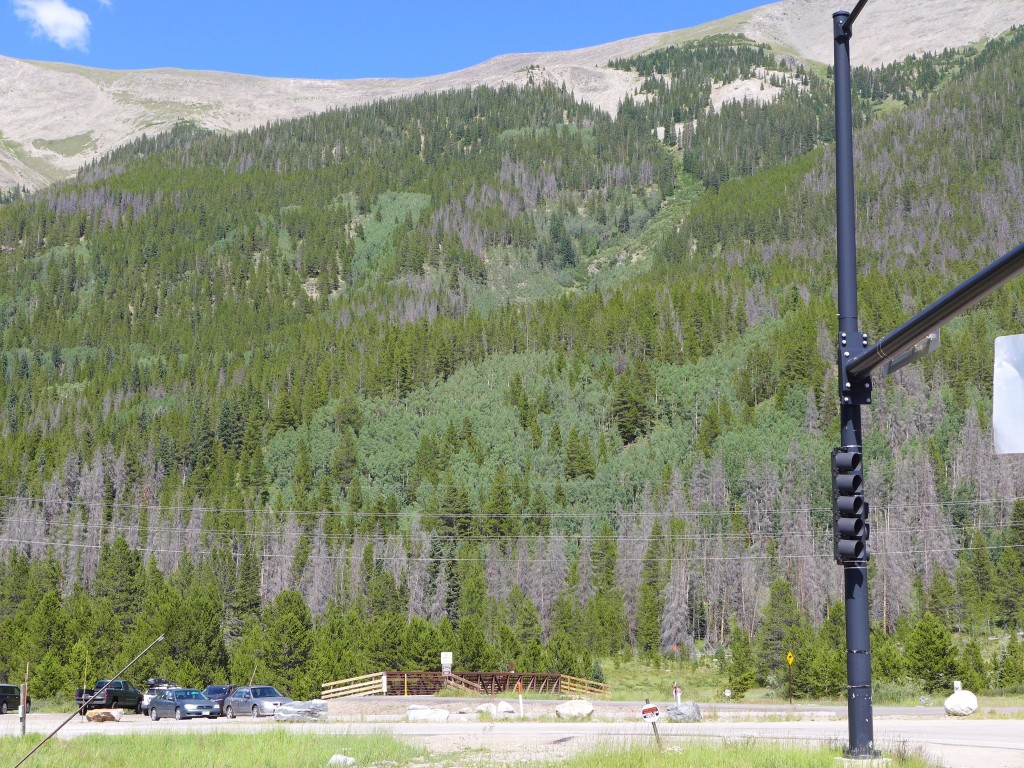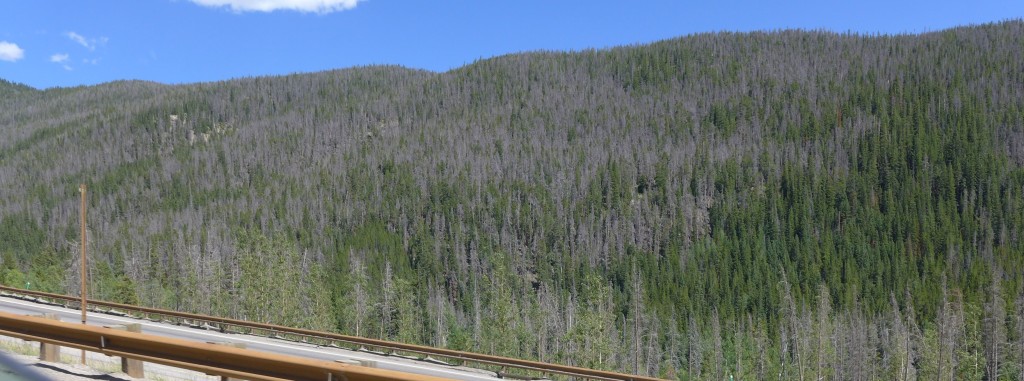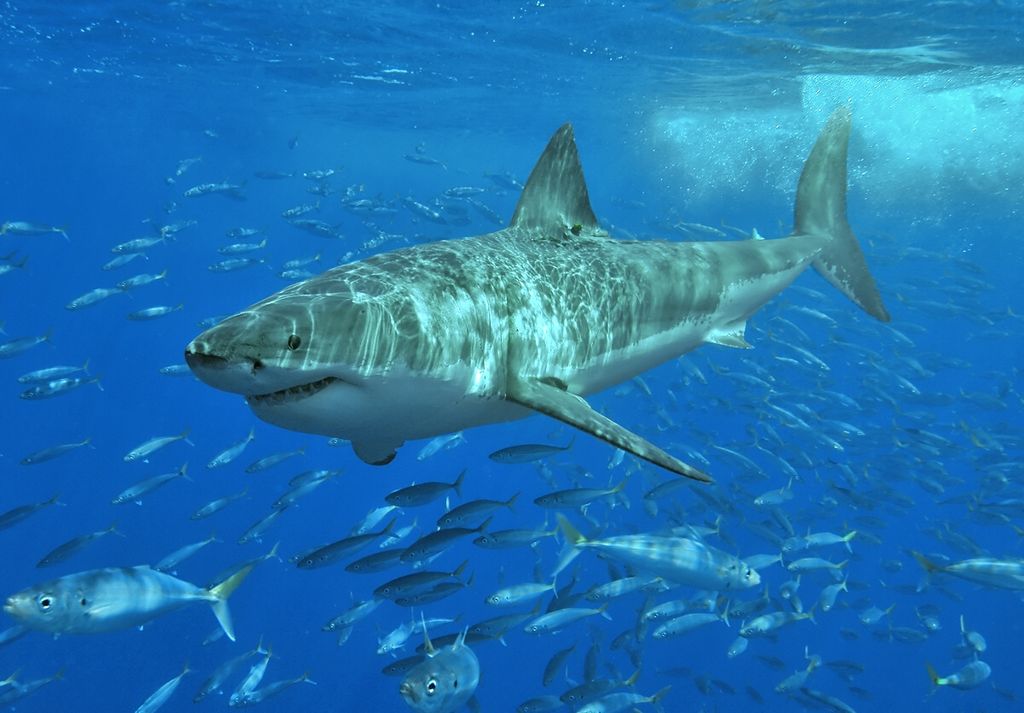Category Archives: species spotlight
Species Spotlight : Argiope aurantia
If you’ve been following along with our Instagram feed, then you’ve seen a few photos of the spider living at the beach house. We’ve all become a bit enamored with her and wanted to share more information. First a formal introduction, meet Argiope aurantia, common referred to as the black and yellow garden spider.
Even we can admit that she looks equal parts mesmerizing and scary, fortunately, she’s relatively harmless. She has no interest in biting humans, and would only do so if grabbed (although she would rather drop down from her web and hide). If she does bite, the result is said to be no worse than a bee sting. Did you get that? If you come across a garden spider in your yard, don’t worry, don’t scare her away, and definitely don’t kill her!
Species Spotlight : Bark Beetles
Mother Nature : she can be so predictable, and its her reliable rhythms that we’ve come to depend upon and even appreciate. Organisms living and working together in ecosystems, cycling energy, recycling nutrients, cleaning the air and water, keeping things moving at the right pace so that there’s no build-up of waste. When these systems are working seamlessly and in sync, we simply notice is the beauty of nature, but when some thing throws the systems out of balance, that’s when we sit up and take notice. All too often, humans are the “thing” that threw mother nature out of balance, and it’s not until the damage is widespread do we realize the impacts of our actions. Today’s post is about just that sort of situation.
Bark beetles encompass a number of different beetle species that share similar life cycle characteristics, mainly that they all lay their eggs under the bark of different coniferous trees. As I’ll explain below, beetle activity can damage and kill trees. This often happens at a slow rate and is actually beneficial to forests: weak trees are killed, making space for healthy, young trees to grow. The “problem” occurs when bark beetle activity is happening so fast and so intensely that wide swaths of relatively healthy trees are also killed.
Species Spotlight : Sharks!
Yesterday we mentioned the abundance of Atlantic shark activity, and rather than just stop there, we thought that it would be worthwhile to spend a little bit more time talking about this species that is crucially important to ocean health. Think of today’s post as the highlight reel about the role sharks play in the world’s oceans and why it’s important to conserve these predators. Yes, you read that correctly, while we’re the first to raise our hands and say that we could do without a shark sighting at our beach, we’re also the first to support all efforts to study and conserve them too. Read on to find out why…
Before we get started ~ 1. there’s at least one image in this post that readers may find offensive (it’s in the “Estimating the Sharks’ Value” section), 2. I provide some definitions and clarify some terminology at the bottom of the post (you may find it useful to go there first).

